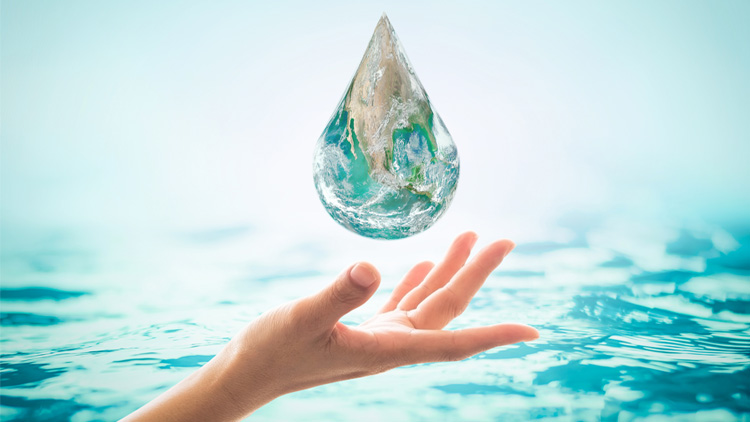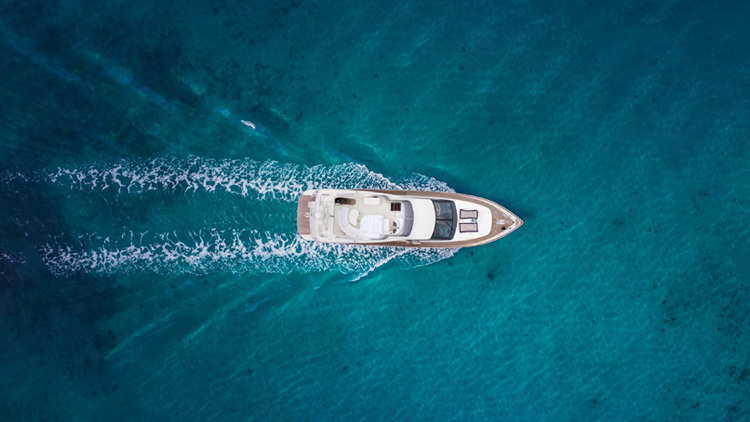With the rise of global warming, more and more industries are becoming more vigilant in playing their part in the reduction of carbon footprint. In order to make that change happen, companies and individuals had to find ways to reduce their carbon emissions, implement environmentally friendly methods as well as become cautious of the impact their activity has on local communities. An example of this is the yachting industry.
With the goal of making yachting more eco-friendly, many technological innovations have emerged. From mixed technologies all the way to solar panels, the future of yachting has been redefined.
What hybrid yachts do is combine the benefits of diesel engines and electric motors. These vessels can shift from electric to diesel mode which enable yacht owners to cruise emission-free. While diesel mode is still used for longer voyages, vessel owners benefit from the electric mode when traveling short distances that don’t require an excessive amount of power. Similarly, many yachts owners have started installing solar panels on the roof of their vessels which convert solar energy into electricity.

Besides technology, yachts manufacturers have started to develop vessel designs that are considered more eco-friendly and resource efficient. They’re looking for layouts that reduce friction between the vessel’s bodies, the air, and the water. This allows a reduction in fossil fuel usage while improving the yacht’s overall performance. As the yacht’s weight is also a crucial element, the focus has shifted on using lighter and smoother materials.
Making yachting more environmentally friendly is an effort that must be done by all the key players, including vessel manufacturers, yachting management firms, as well as yacht owners. With that being said, travelers should practice proper waste disposal as a way of playing their part in the reducing of carbon emission. As yachts produce a lot of waste, it is important for vacationers to create the habit of reusing and recycling practices. This can be done by adding recycling bins or implementing proper waste disposals aboard a yacht.
Usually overlooked, vessel maintenance plays a huge role in promoting sustainable yachting. This is mostly done by ensuring that oils and other toxins are not spilled into the waters. With the rise of sustainable adjustments, yachting firms have trained their crew to switch to non-toxic cleaning products when maintaining client’s yachts. As the water used during the procedures has a direct impact on the aquatic environment, it’s critical to be aware of the chemicals that leak into the sea. These chemicals may endanger surrounding eco-systems and marine wildlife, two crucial elements of Greece’s waters.

With an abundance of yachting firms switching to more sustainable routes and decisions, it is said that by the end of the next decade, the majority of yacht companies would establish vessels that lead to 100% waste-free travel. A more sustainable future in yachting starts with the little things.
Be part of the change and learn more about the yachting industry and Greece by visiting our website: 7SEAS-MARITIME.COM



